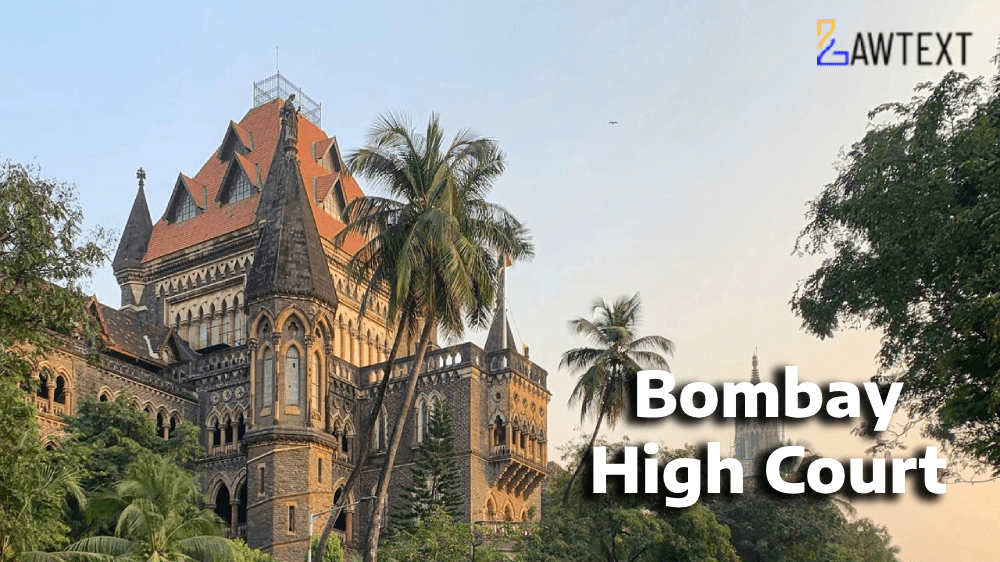

The petition challenges the judgment dated 5 July 1996, which upheld the eviction decree passed by the Trial Court on 17 August 1990. The decree ordered the defendant to vacate the premises under a leave and license agreement that expired in January 1973.
The plaintiff had filed the suit (L.E. & C. Suit No. 320/431 of 1981) for recovery of possession after the defendant failed to vacate the premises despite the expiration of the license agreement. The plaintiff, a tenant, alleged that the defendant had stopped paying the agreed compensation since October 1972.
The defendant argued that the property belonged to the Indian Railways and claimed protection under Section 15A of the Bombay Rent Act, alleging they had become a protected tenant due to continued possession.
During the writ petition, interim relief was granted but vacated when the defendant failed to deposit license fees. Despite attempts to restore the petition, possession of the premises was handed over to the plaintiff in execution of the decree.
The defendant's counsel argued that the defendant became a protected tenant under Section 15A of the Bombay Rent Act and that the plaintiff lacked authority to seek possession since the Indian Railways owned the land.
The plaintiff’s counsel argued that both lower courts had correctly decreed eviction, and the defendant could not claim protection under Section 15A as no valid license existed as of 1 February 1973.
The court held that the license expired on 31 January 1973, and there was no subsisting license thereafter. The defendant could not claim protection under Section 15A of the Bombay Rent Act, which only protects licensees in possession as of 1 February 1973 under valid licenses.
The court discussed the criteria for claiming protection under Section 15A of the Bombay Rent Act, emphasizing that only those in possession under valid licenses as of 1 February 1973 could claim protected tenancy.
There was no implied agreement for continuing the license post-January 1973, and the defendant’s failure to pay fees after October 1972 further negated any claim of a valid license.
Citing Section 116 of the Indian Evidence Act, 1872, the court ruled that the defendant was estopped from questioning the plaintiff’s title, as the defendant had initially accepted the plaintiff's authority by entering into a license agreement.
The court rejected the relevance of Indian Railways’ ownership and the proceedings under the Public Premises (Eviction of Unauthorised Occupants) Act, 1971, to the case at hand.
The defendant had already lost possession of the premises through the execution of the lower court’s decree, making further relief impossible.
The court found no errors in the concurrent findings of the Trial Court and Appellate Court. The petition was dismissed, and the rule was discharged.
The main legal reasoning established is that protection under Section 15A of the Bombay Rent Act is only available to licensees in possession under a valid license as of 1 February 1973. A license that expires before this date cannot confer the status of protected tenant. Additionally, tenants or licensees are estopped from questioning the title of the landlord/licensor during the subsistence of the tenancy or license under Section 116 of the Indian Evidence Act.
Citation: 2024 LawText (BOM) (9) 276
Case Number: WRIT PETITION NO.5177 OF 1996
Date of Decision: 2024-09-27
Case Title: Chogalal Santokhji Raval Versus Sjamkarprasad Jagnath Varma
Before Judge: SANDEEP V. MARNE, J.
Advocate(s): Mr. N.V. Vechalekar for the Petitioner. Mr. A.K. Singh with Mr. Piyush Singh i/b. M/s. Singh Associates for Respondent.
Appellant: Chogalal Santokhji Raval Versus
Respondent: Sjamkarprasad Jagnath Varma